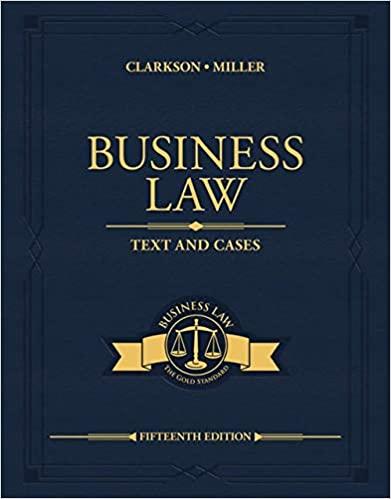Question
The First Amendment of the United States guarantees the freedom of speech, freedom of religion, freedom of the press, freedom of assembly, and the freedom
The First Amendment of the United States guarantees the freedom of speech, freedom of religion, freedom of the press, freedom of assembly, and the freedom of petition. These rights are essential to American Democracy and for a functional society. However, these freedoms have some limitations imposed by the law. For example, shouting out "fire" in a public theater is not protected by the government because it poses an immediate threat to public safety. Other limitations to the First Amendment include restrictions on obscenity, defamation, incitement to violence, and certain types of hate speech. These limitations have been established through constitutional interpretation by the courts and specific laws enacted by federal, state, and local governments. Overall, while the First Amendment provides broad protection for freedom of expression, it also recognizes that there are certain circumstances in which the government may legitimately restrict speech in the interest of public safety, order, or morality.
Step by Step Solution
There are 3 Steps involved in it
Step: 1

Get Instant Access to Expert-Tailored Solutions
See step-by-step solutions with expert insights and AI powered tools for academic success
Step: 2

Step: 3

Ace Your Homework with AI
Get the answers you need in no time with our AI-driven, step-by-step assistance
Get Started


